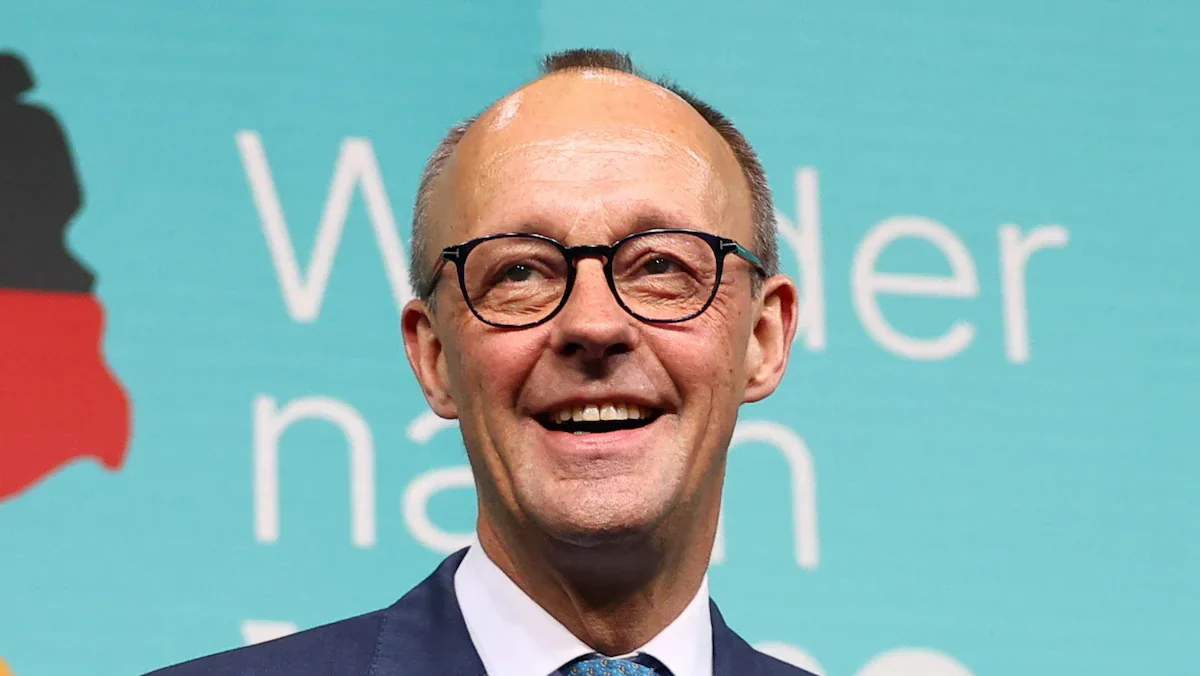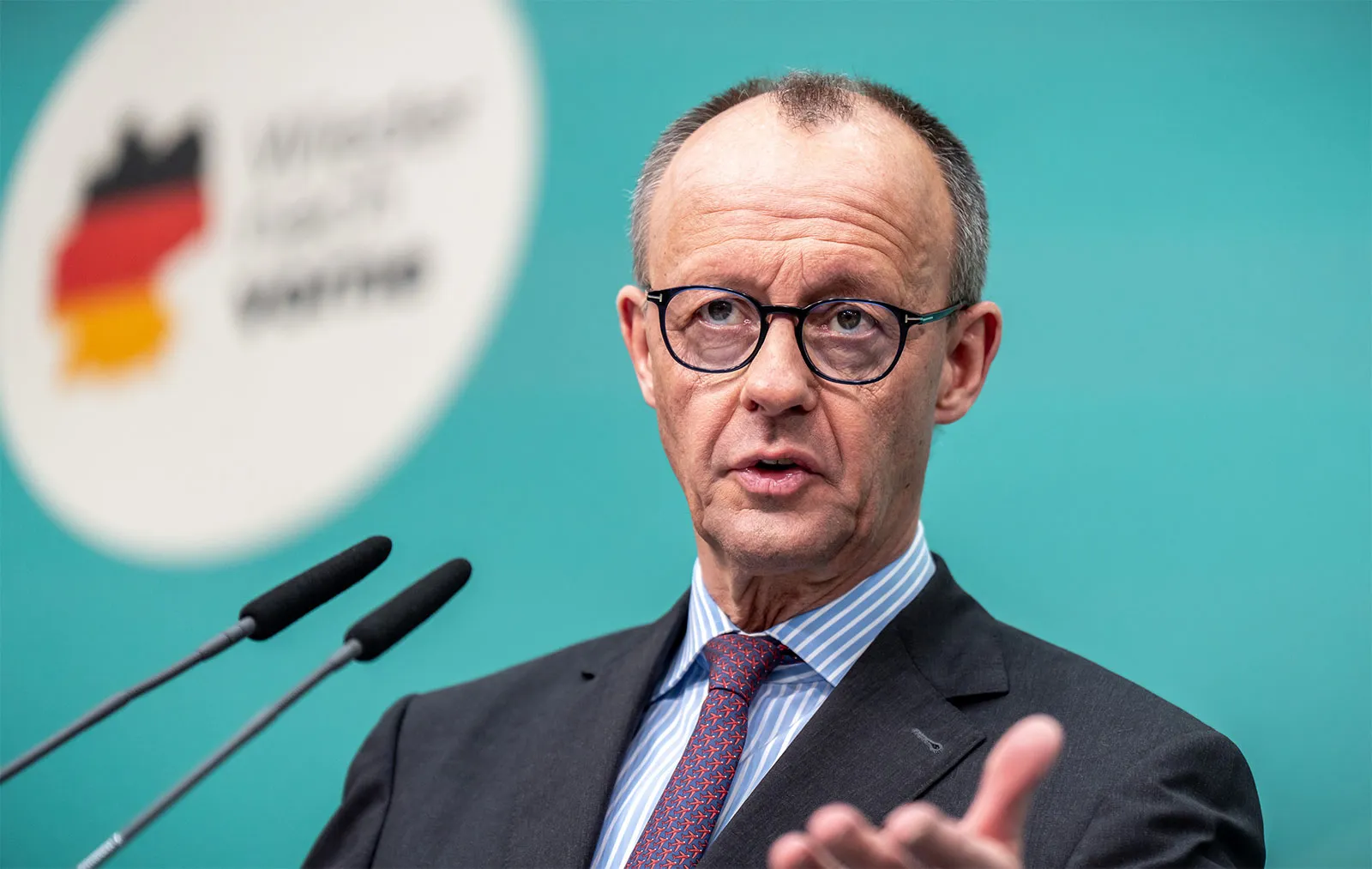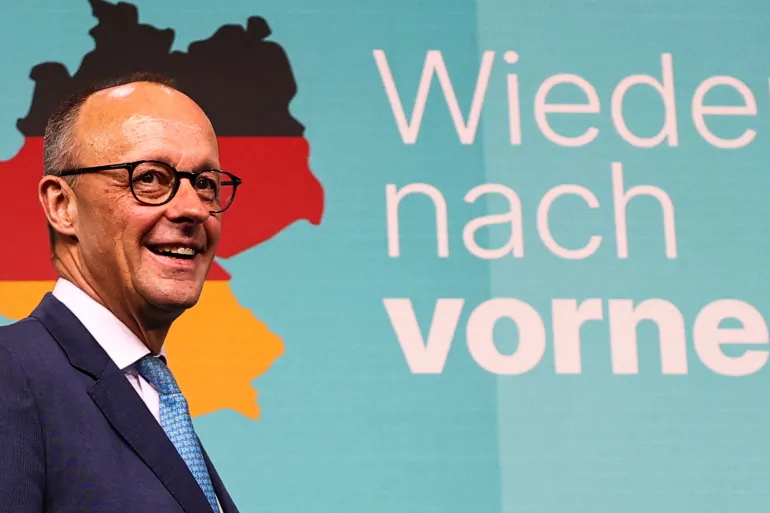On May 6, 2025, Friedrich Merz was officially sworn in as Germany’s new Chancellor, marking a significant shift in the nation’s political landscape. His appointment follows a dramatic day in the Bundestag, where he initially failed to secure the required majority in a secret ballot—a first in Germany’s postwar history. However, a successful second vote later that day granted him the necessary 325 votes, surpassing the 316-vote threshold.
A Political Veteran with a Business Acumen

Born on November 11, 1955, in Brilon, North Rhine-Westphalia, Merz has been a prominent figure in German politics for decades. He began his political journey in 1972 by joining the Christian Democratic Union (CDU) and later served as a Member of the European Parliament from 1989 to 1994. Subsequently, he was elected to the Bundestag, where he became known for his expertise in financial policy. In 2000, Merz was elected chairman of the CDU/CSU parliamentary group, positioning him as a key opposition leader during Chancellor Gerhard Schröder’s tenure.
After a period away from frontline politics, during which he built a successful career in the private sector—including roles with Mayer Brown and BlackRock Germany—Merz returned to the political arena. He was elected CDU leader in January 2022, after two previous unsuccessful attempts, and subsequently led the CDU/CSU parliamentary group.
A Coalition Built on Fragile Grounds
The CDU, under Merz’s leadership, won the most seats in the February 2025 federal elections, securing 28.5% of the vote. To form a governing coalition, the CDU partnered with the center-left Social Democrats (SPD), collectively holding 328 seats. However, during the chancellor confirmation vote, at least 18 coalition members either voted against Merz or abstained, highlighting internal divisions and raising concerns about the coalition’s stability.
Policy Perspectives and Leadership Style

Merz is recognized for his pro-business stance and conservative values. He advocates for economic liberalism, as outlined in his book “Mehr Kapitalismus wagen” (“Venturing More Capitalism”), and supports a closer European Union integration, including the idea of a European army. Merz has also emphasized the importance of strong transatlantic relations, being a staunch supporter of NATO and the liberal international order.
On domestic issues, Merz has called for stricter immigration controls and has been critical of former Chancellor Angela Merkel’s open-border policies during the 2015 migrant crisis. He has also expressed skepticism about the urgency of climate change, advocating for technological solutions over regulatory bans.
As Germany embarks on this new chapter under Chancellor Friedrich Merz, the nation and its European partners will closely watch how his administration addresses these pressing issues and steers the country forward.

